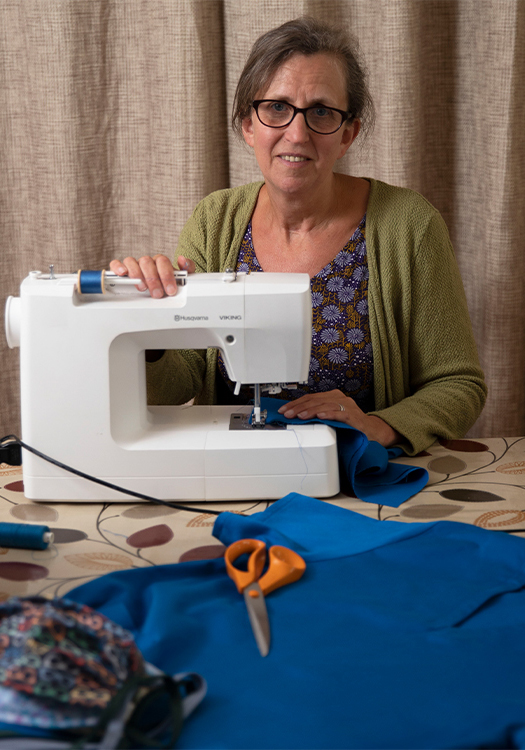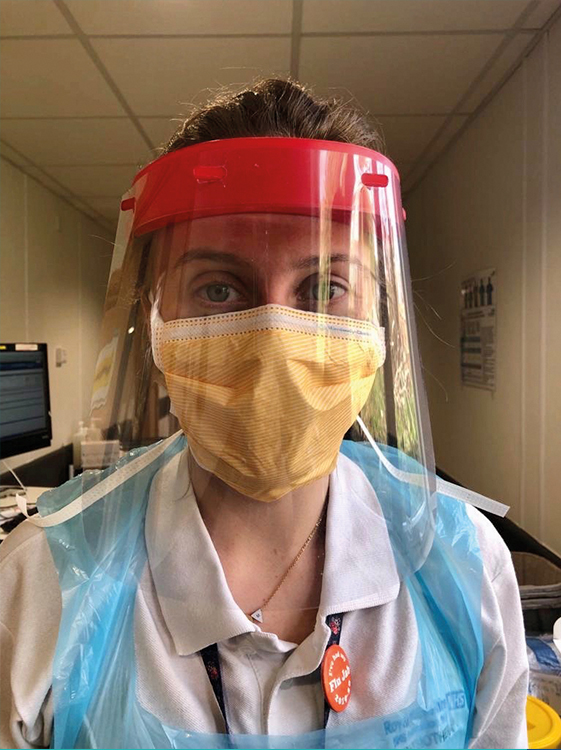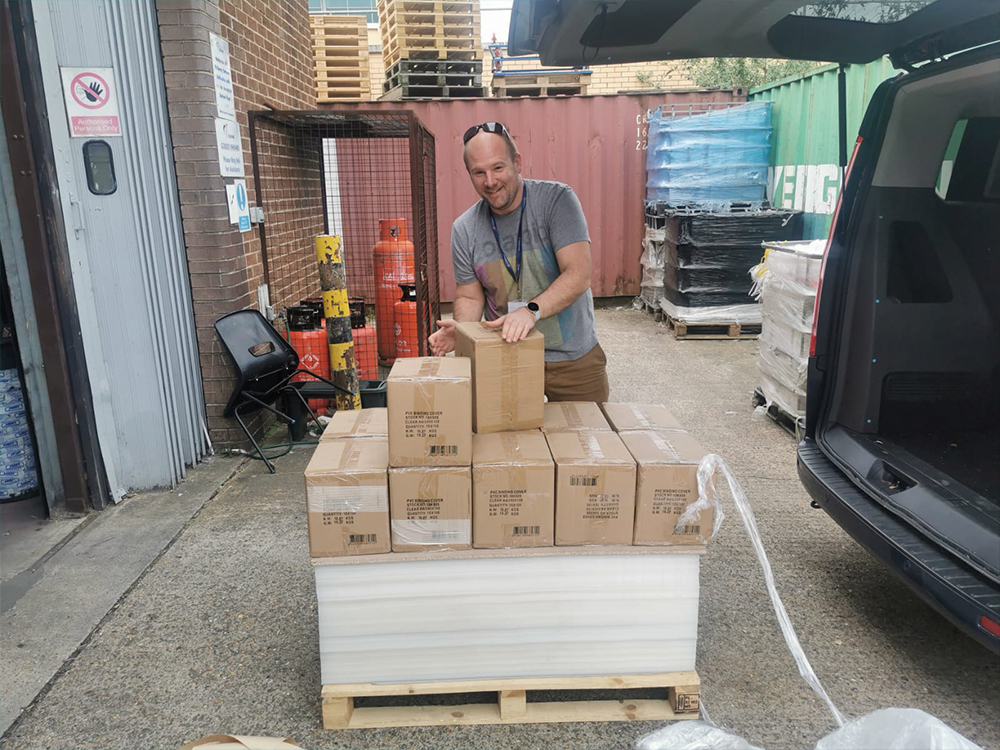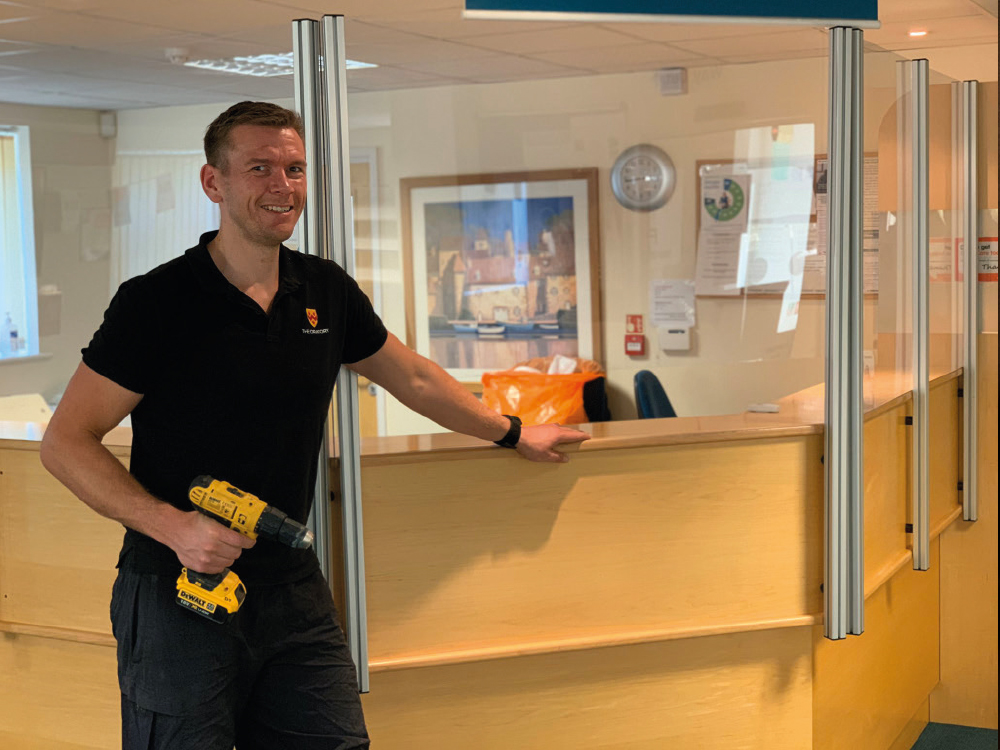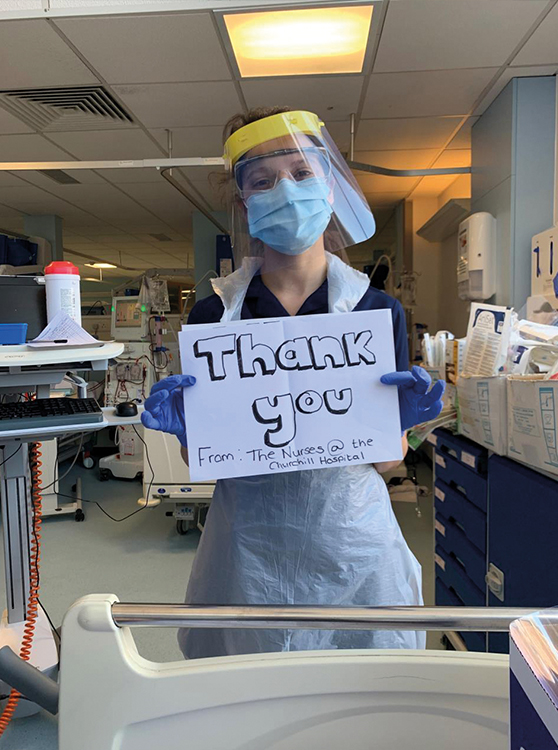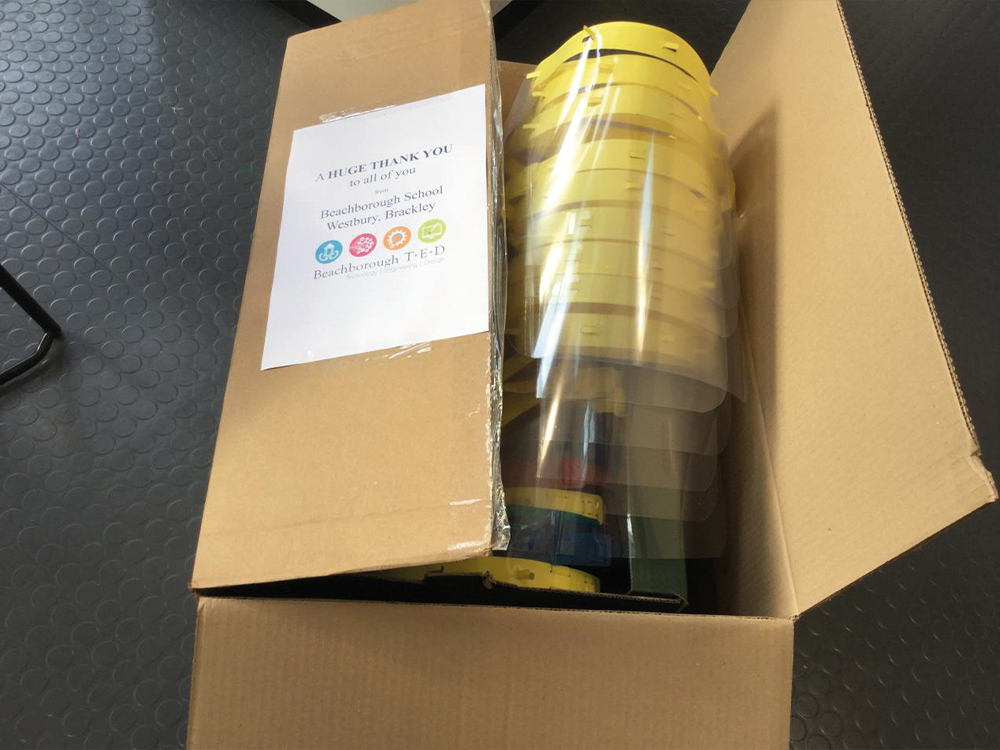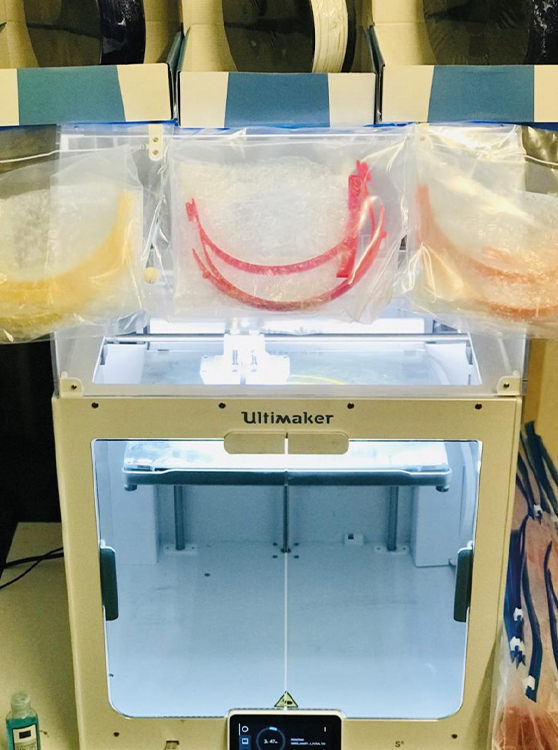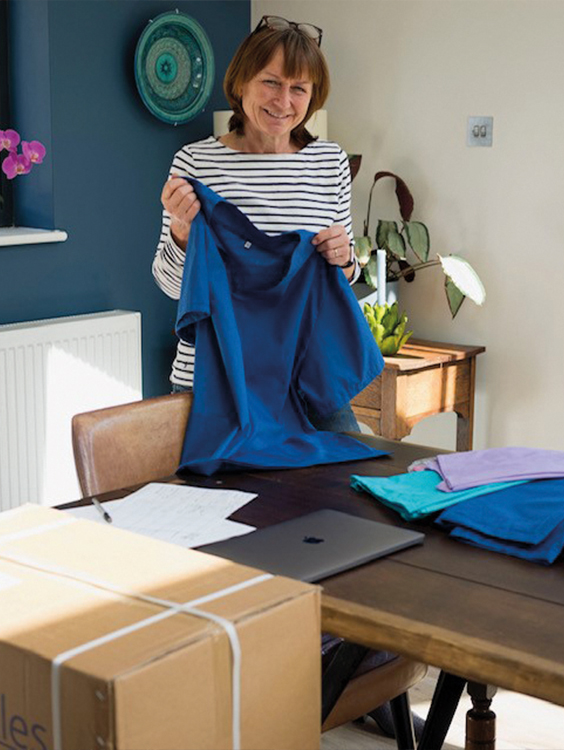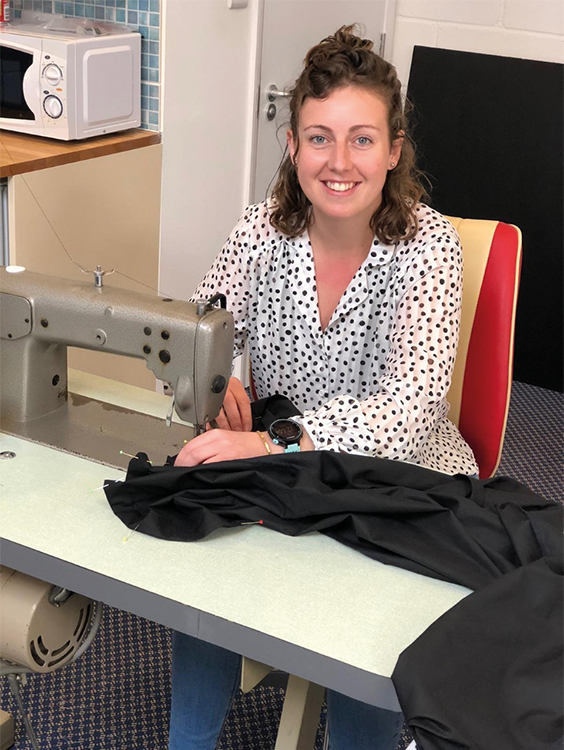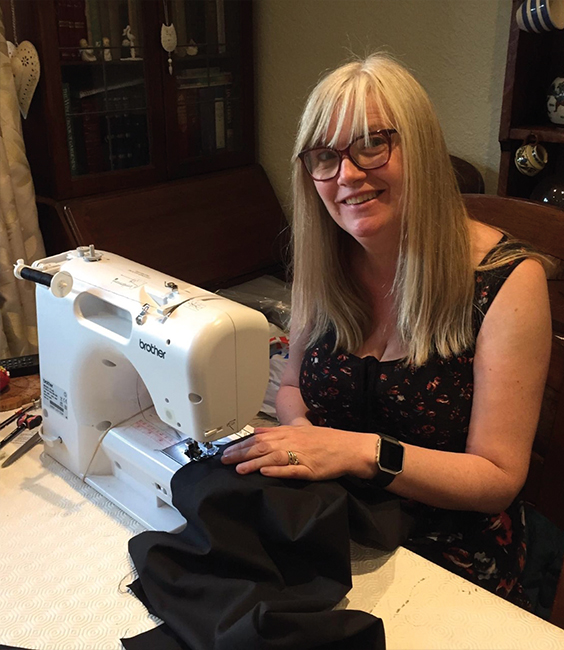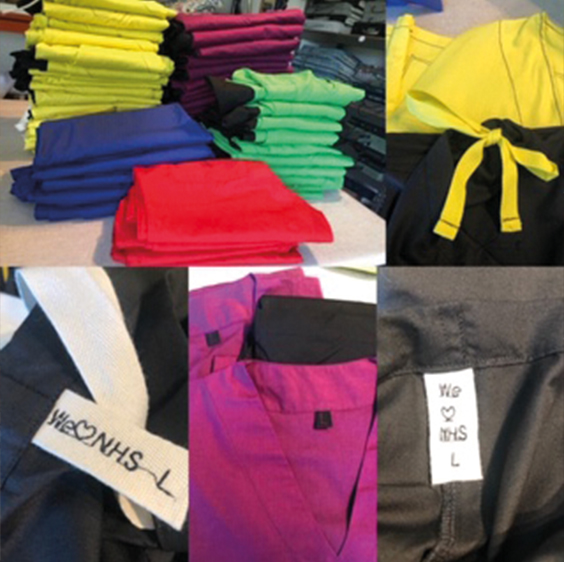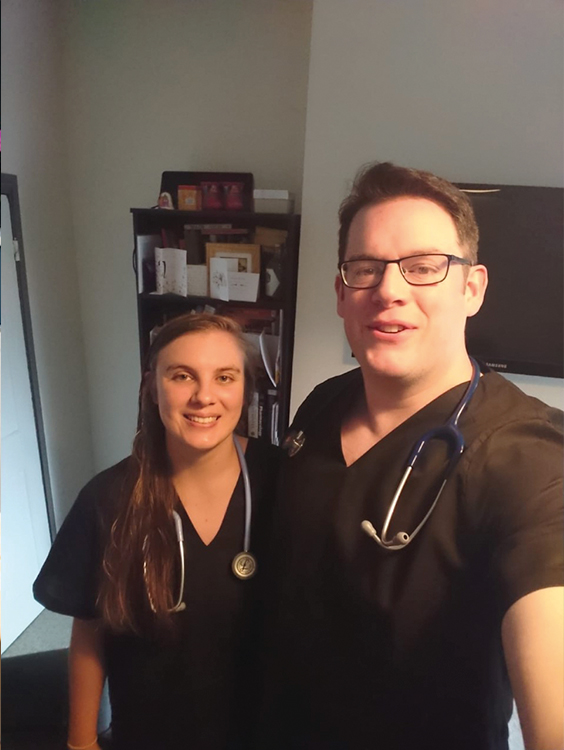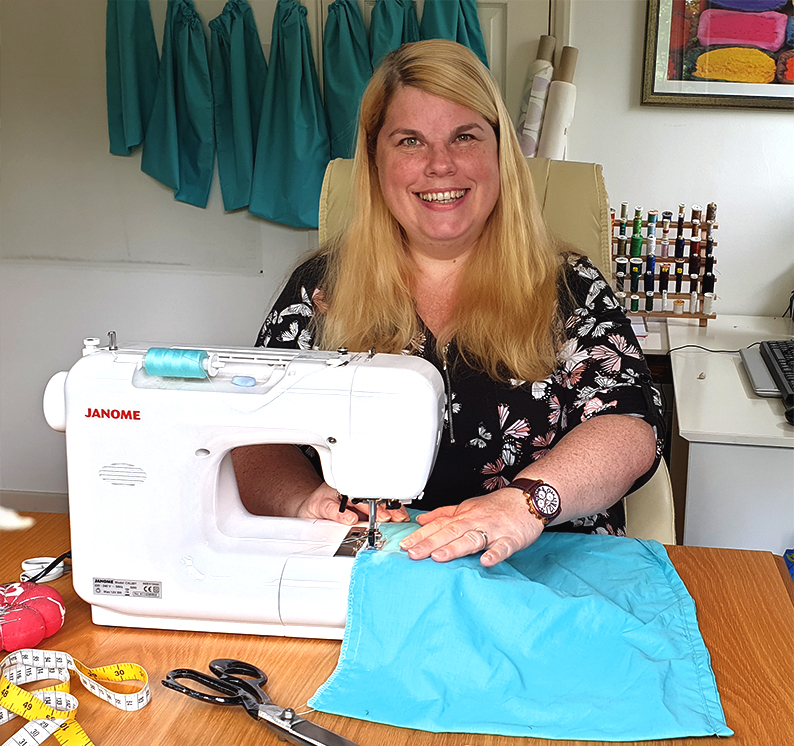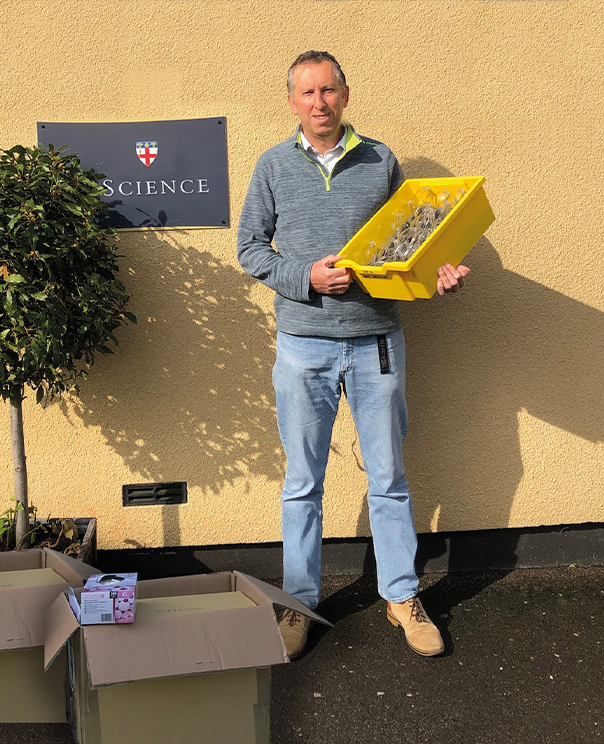Plant the equivalent of 136 trees and save up to £1,000 a year, with these essential energy saving tips from Worcester Bosch.
At this worrying time, when utility bills are set to hit many of us hardest, Worcester Bosch has shared its handy tips to help you save money and the planet.
Making changes to your heating set-up can help save you up to £1,000 throughout the year.
The carbon emission saving is the equivalent to planting 136 trees or driving a car 1,606 miles. The distance which is nearly a full trip from John O’Groats to Land’s End and back!
Making the planet a greener place to live for the next generation is at the heart of Worcester Bosch. By following these tips, you could play your part in reducing carbon emissions
There are several ways for homeowners to cut costs. Helping them save energy and to live more sustainably, several of which require minimal to zero cost or hassle.
Tip 1: Take control of your heating
– Annual saving = £105.
– Equivalent to planting up to 11 trees, or driving 129 miles
By turning down the room thermostat just one degree, you will net up to a £105 saving per year. The 200kg CO2 of emissions saved is equivalent to a 129mile trip, or a further 11 trees planted. Aim for 17°C when you’re out and about, and a cosy 18-21°C when you’re at home.
Martyn Bridges, director of technical services at Worcester Bosch, says: “You cannot underestimate how important it is to take control of your home heating. These simple but effective changes, such as turning your radiator down by a single degree, could have a significant impact on the planet and your savings too.”
Tip 2: Shower Time
– Annual saving = up to £70.
– Equivalent to planting up to 7 trees, or driving 86 miles
Nothing beats having a hot shower to ease the stresses of the day. But by following these simple tips, you can reduce your energy usage while still enjoying a relaxing early morning or late-night shower.
The biggest change you can make is cutting your shower time down, ideally to around four-minutes. A household could see up to £70 a year saved on their energy bill just from a speedy shower as well as significantly reducing the amount of water used.
Martyn gives the guidance: “We all love having a hot shower, but a significant amount of hot water is used, contributing to energy usage and your bills. Taking the steps to use showers instead of baths and using a timer to measure how long you are taking could be a simple step to lower your energy usage.”
Tip 3: Trap your heat
– Annual saving = up to £190.
– Equivalent to planting up to 19 trees, or driving 234 miles
Making sure you keep the heat trapped inside of your home is an easy, yet effective tip that you could put into place this World Earth Day. One super simple tip is to draft proof your windows and doors. You would be surprised about how much heat escapes through those tiny gaps which are found around your window, in your keyhole, and in your letterbox. Covering those tiny gaps could save you around £45 and saves the same amount of energy as planting four trees.
To take this one step further, you could add an insulated jacket to an uninsulated hot water cylinder. Insulating your hot water cylinder will reduce the heat loss resulting in the water remaining hotter for longer. This tip is a huge energy saver, which is the equivalent of planting 15 trees! Insulating your hot water cylinder properly could save you up to £145 which could make a huge difference as energy prices increase.
Martyn explains: “Trapping the heat in your home should be a priority. These small gaps needlessly bring the cold air in. Reversing all the changes you have made to keep your home warm. From little tasks like closing those gaps to slightly bigger tasks such as getting an insulated jacket, you’re not only protecting the planet, but helping lower your energy bills too.”
Tip 4: Small changes, big results
– Annual saving = up to £30.
– Equivalent to planting up to three trees, or driving 37 miles
Sometimes it is the smallest changes that have the biggest impact. Technology is a core part of our life but remember to put your devices on standby when not using them. Net an extra £30 saving by being savvy with your device shuts down.
“Although they may seem like unimportant changes, they could make huge changes to your home, the planet, and your bills.”
Martyn explains: “Switching off appliances once you use them is a small way to ensure that you reduce your energy usage. Although they may seem like unimportant changes, they could make huge changes to your home, the planet, and your bills.”
Tip 5: Upgrade your boiler
– Annual saving = depending on technology – up to £910.
– Equivalent to planting up to 96 trees, or driving 1,120 miles
A boiler replacement from an inefficient to a modern, more efficient model can be a major and immediate cost and environment saver. The EST figures show that making the switch could end up saving you almost four figures every year.
By upgrading from a G-rated boiler to a more sustainable A-rated model (including TRV’s and a smart controller) – working at 90% more efficiency and saving up to 1,630kg CO2 every year. You’re not only managing your energy usage more efficiently in the longer term, but also saving the equivalent carbon off-set as planting 61 trees would do. This upgrade could save you £580.
Heat pumps are a newer, efficient technology in the domestic heating industry. In simple terms they work by taking energy from outside and transferring it into heat for use in a heating and hot water system. The product and subsequent installation are more expensive than a boiler upgrade. But once you paid out the initial cost – a change from a G rated boiler to a heat pump can save you even more – up to £910, with a carbon saving equal to planting 96 trees.
Martyn adds: “Upgrading a G-rated boiler to one which is A-rated can make a significant in your home. The A-rated boilers are an efficient choice which could ultimately help you save money on your bills. Not to mention help us to protect the future.”

To find out more about Worcester Bosch award-winning home heating and hot water products, visit worcester-bosch.co.uk/ or head to the YouTube channel.









